On the afternoon of July 7, the Department of Information and Communications of Da Nang City coordinated with the Vietnam Association of Information Technology to organize a workshop to introduce the platform and applications of Blockchain technology in digital asset management and digital economic development.
Mr. Tran Ngoc Thach - Deputy Director of the Department of Information and Communications of Da Nang City said that in Resolution No. 05 of the City Party Committee and the City Digital Transformation Project, the key task is to develop platforms for digital transformation, prioritizing research on some core technologies that can be a shortcut and have the ability to make strong breakthroughs such as artificial intelligence (AI), blockchain... to create new business models, new products and services of high value.
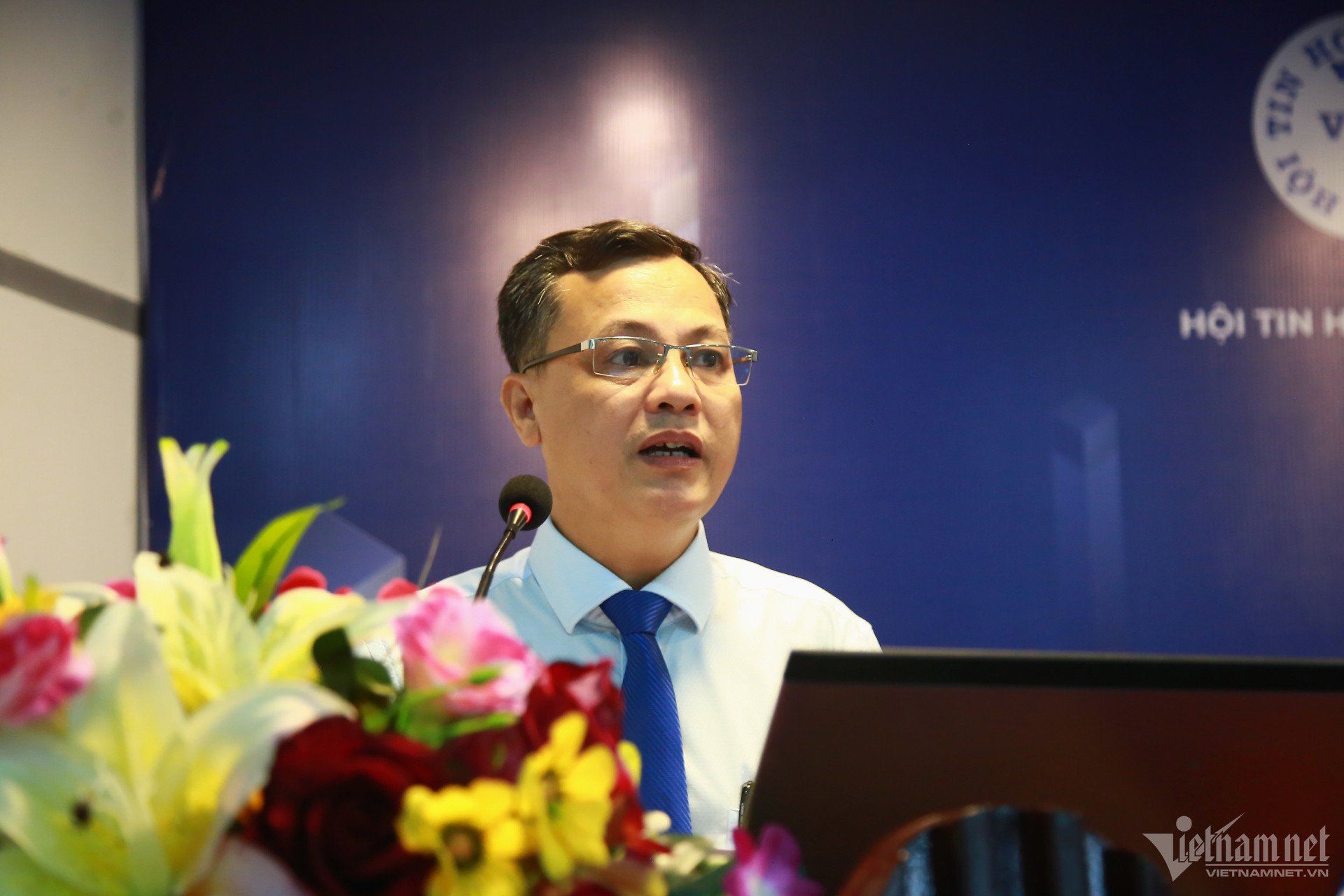
According to Mr. Thach, the Department is currently coordinating with the Vietnam Association of Information Technology and experts to deploy the construction of the DaNangChain platform in digital asset management, increasing the value of the city's products.
“This platform will first be applied to handicraft products and OCOP products to help increase the value of the city’s products and reach the global market. In addition, it will serve smart e-government such as digital document management, digital museums, food traceability, land management…”, Mr. Thach informed.
Currently, the DaNangChain platform is starting a pilot project. After the third quarter of 2023, it will be re-evaluated and aimed at expanding to ensure openness for businesses to participate.
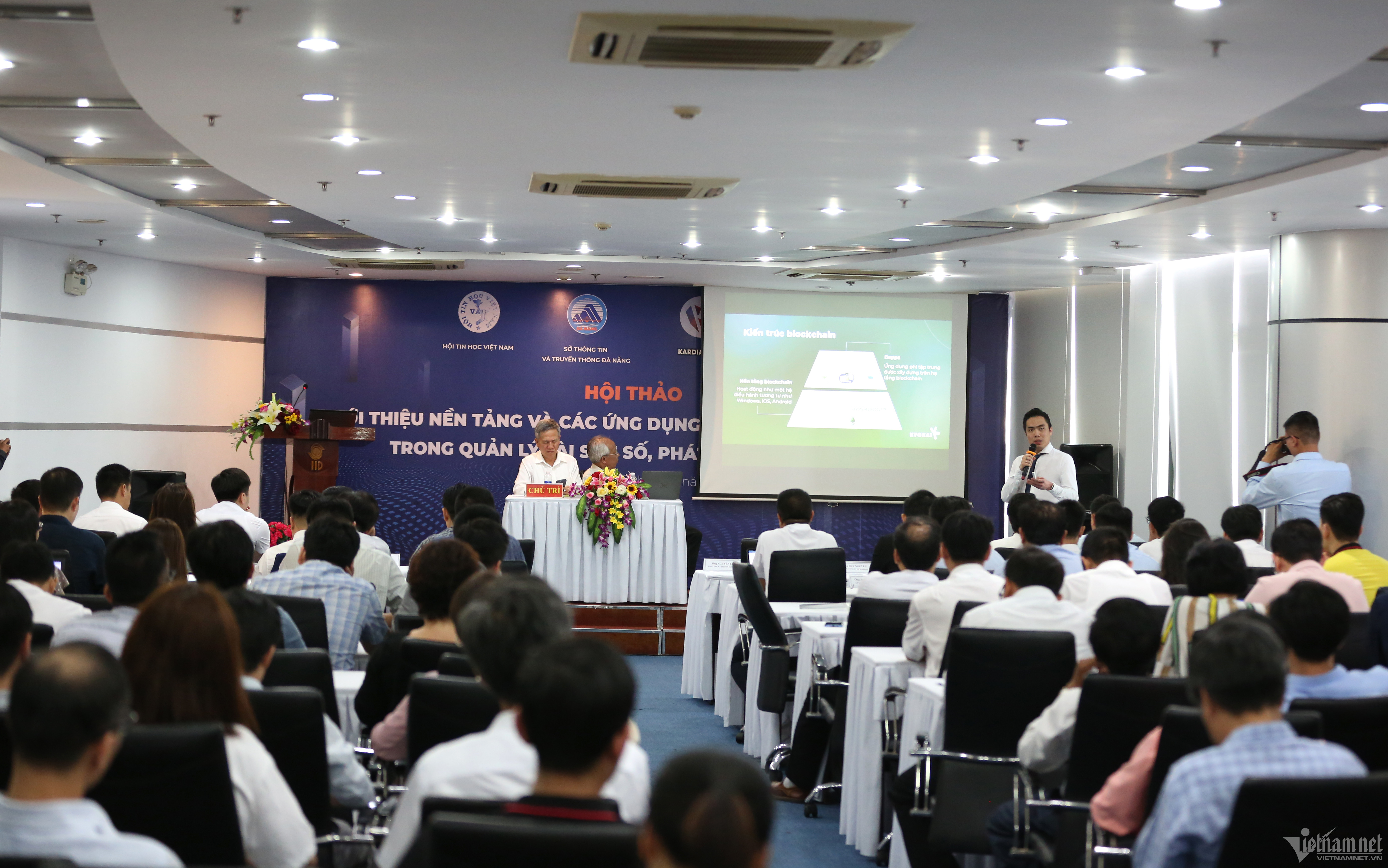
Introducing the blockchain platform and the DanangChain implementation plan, Mr. Huy Nguyen - Director of Kardia Labs Joint Stock Company said that one of the important characteristics of blockchain is transparency and clarity. Previously, people often heard about blockchain as digital currency, cryptocurrency as well as financial services. However, in recent years, blockchain technology has developed a lot, creating platforms such as Metabot that allow people to buy, sell and exchange goods.
“The reason we haven’t seen blockchain used much outside of cryptocurrency is because it’s quite expensive. If you use a foreign platform, it can cost tens to hundreds of dollars per transaction, which hinders the technology’s ability to go further,” said Mr. Huy.
According to Mr. Huy, Da Nang's investment in the DanangChain platform will serve the development of smart cities, digital finance and the city's e-Government platform. This is the first prerequisite that needs to be implemented.
Besides, when Da Nang owns its own platform, operating costs will be reduced to a very low level, creating conditions for businesses to use the platform without having to go to other "chains" internationally.
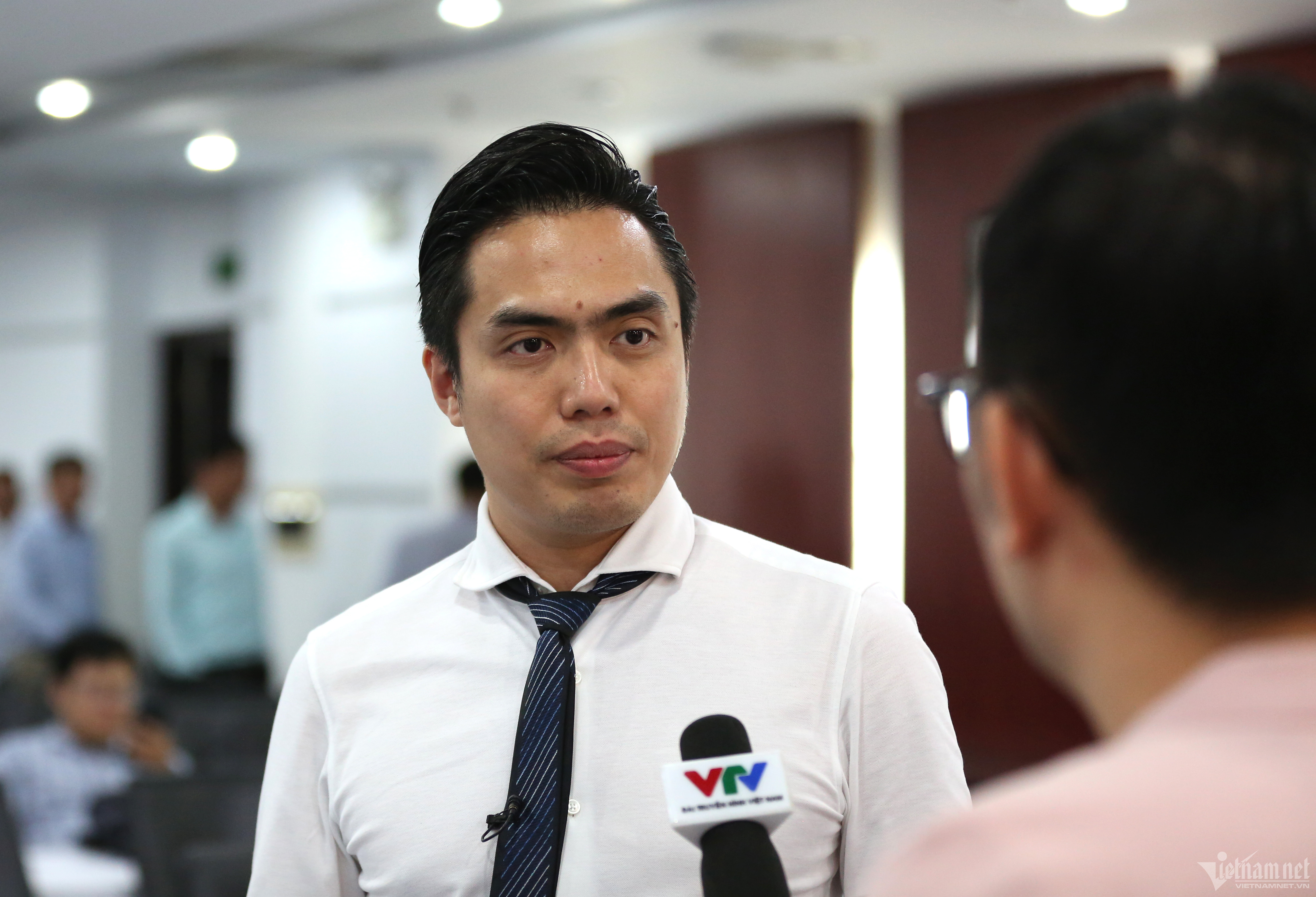
“DanangChain is expected to start in July 2023, complete in the third quarter of 2023 and launch so that all units and businesses can participate. Hopefully, by the fourth quarter of 2024, Da Nang will launch the DanangChain platform, which will also be the first large-scale public Blockchain infrastructure in a city not only in Vietnam but also in Southeast Asia.
With recent developments and Danang's dedication to building DanangChain, we can see that in the coming time, many different products and applications will be put on blockchain," Mr. Huy shared.
General Secretary of the Vietnam Association of Information Technology - Nguyen Long assessed that Da Nang's readiness to test and build a new breakthrough digital platform on blockchain technology is very meaningful, helping to bring benefits to the economy, businesses and all other fields for people to access.
Within the framework of the workshop, the Department of Information and Communications of Da Nang and the Vietnam Digital Signature and Electronic Transaction Club, organizations providing public digital signature certification services signed a memorandum of understanding on cooperation to promote the popularization of digital signatures in the city; especially implementing the issuance of free digital signatures to people to facilitate the use of public services and electronic transactions.
Source


![[Photo] Binh Thuan organizes many special festivals on the occasion of April 30 and May 1](https://vstatic.vietnam.vn/vietnam/resource/IMAGE/2025/5/1/5180af1d979642468ef6a3a9755d8d51)



![[Photo] Ha Giang: Many key projects under construction during the holiday season](https://vstatic.vietnam.vn/vietnam/resource/IMAGE/2025/5/1/8b8d87a9bd9b4d279bf5c1f71c030dec)
![[Photo] "Lovely" moments on the 30/4 holiday](https://vstatic.vietnam.vn/vietnam/resource/IMAGE/2025/5/1/26d5d698f36b498287397db9e2f9d16c)




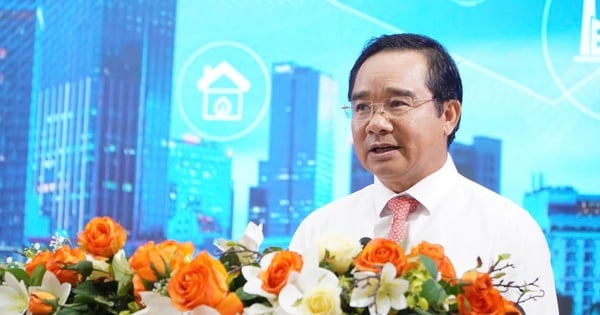









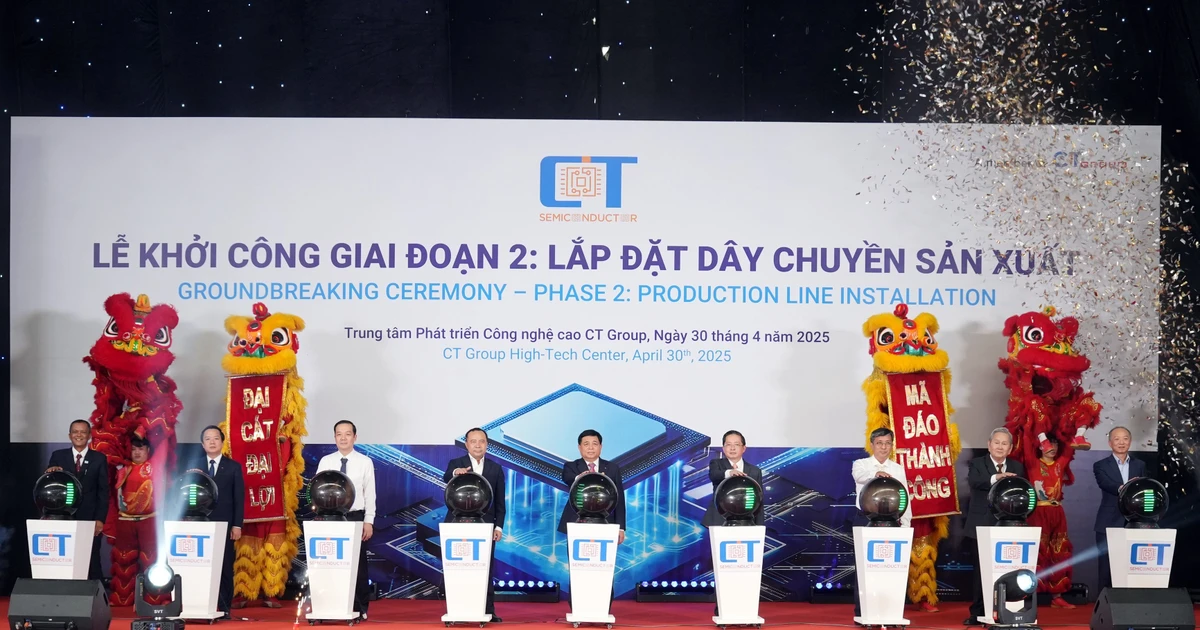

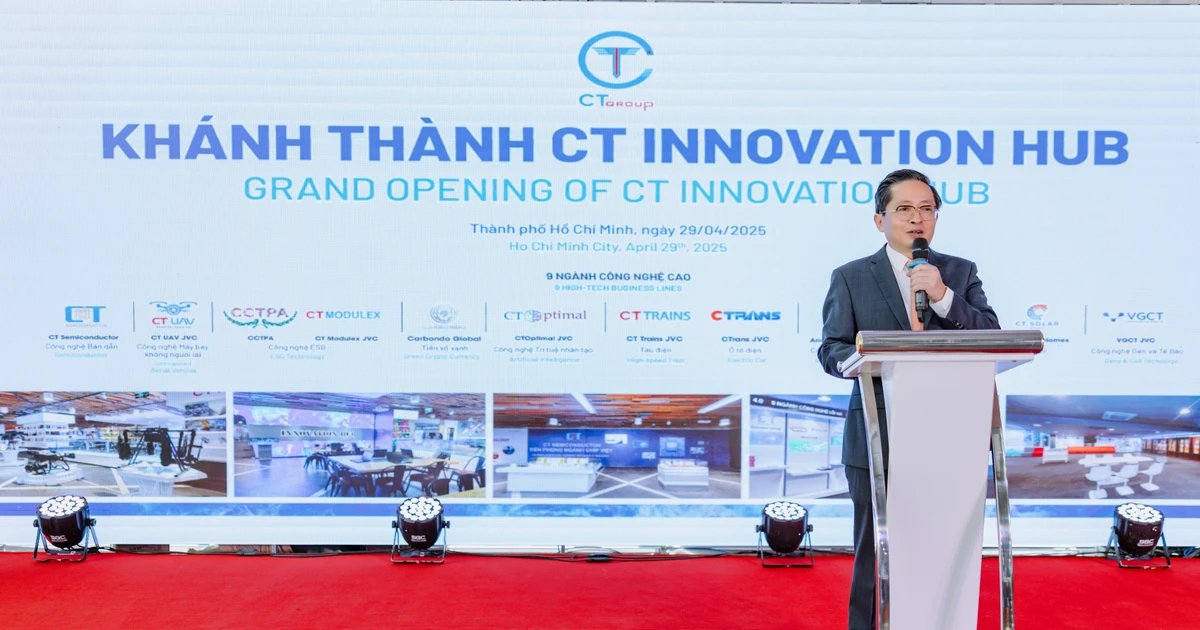























































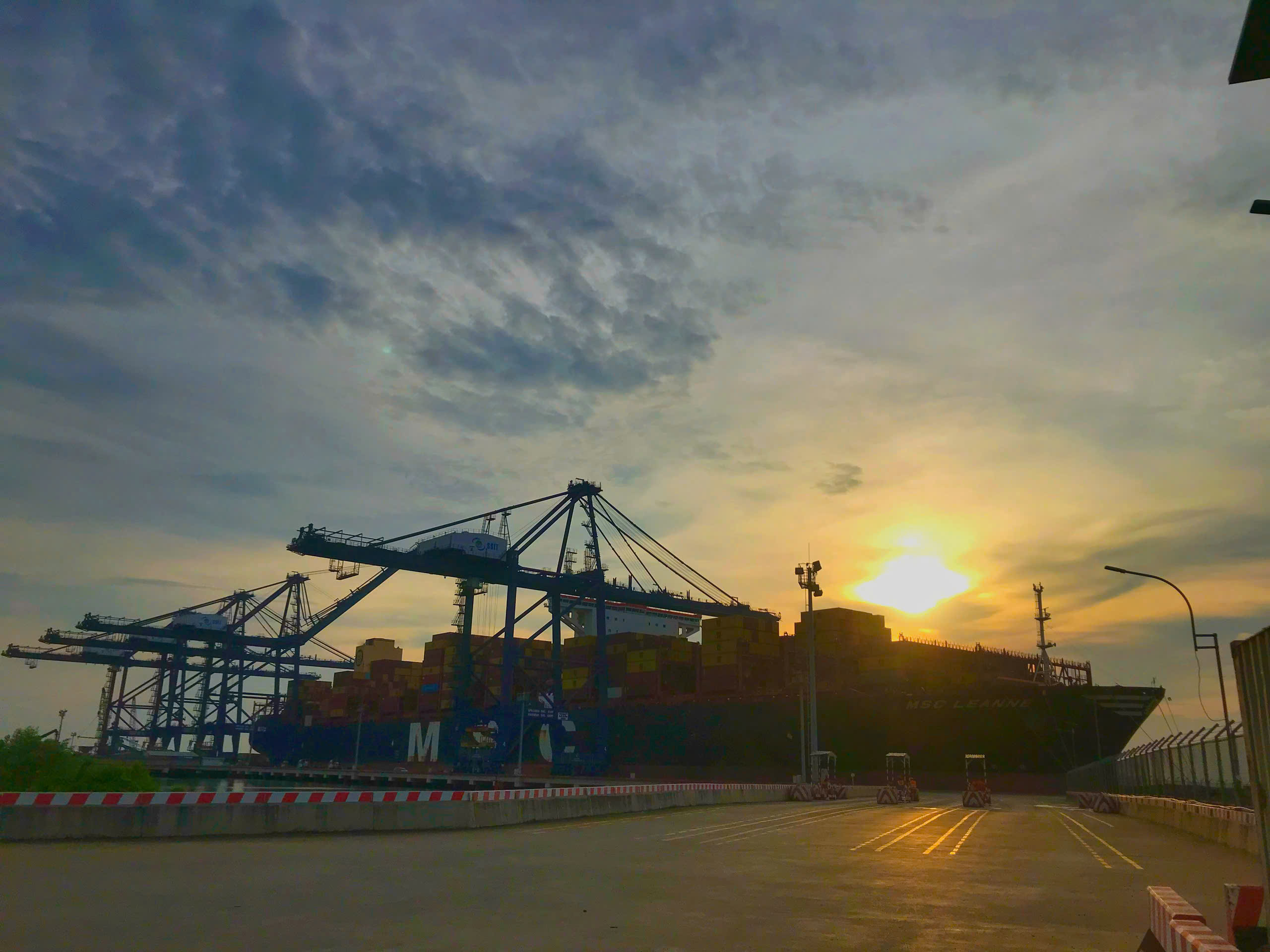



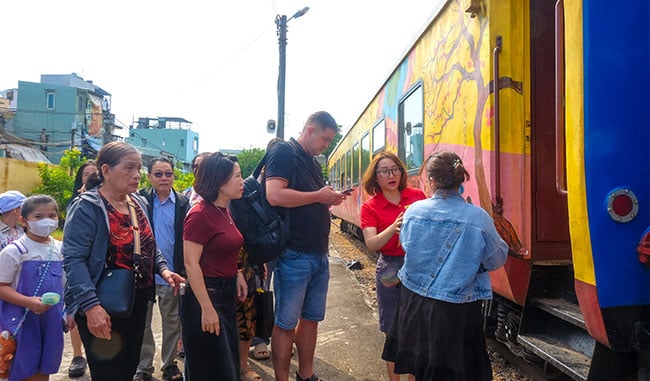












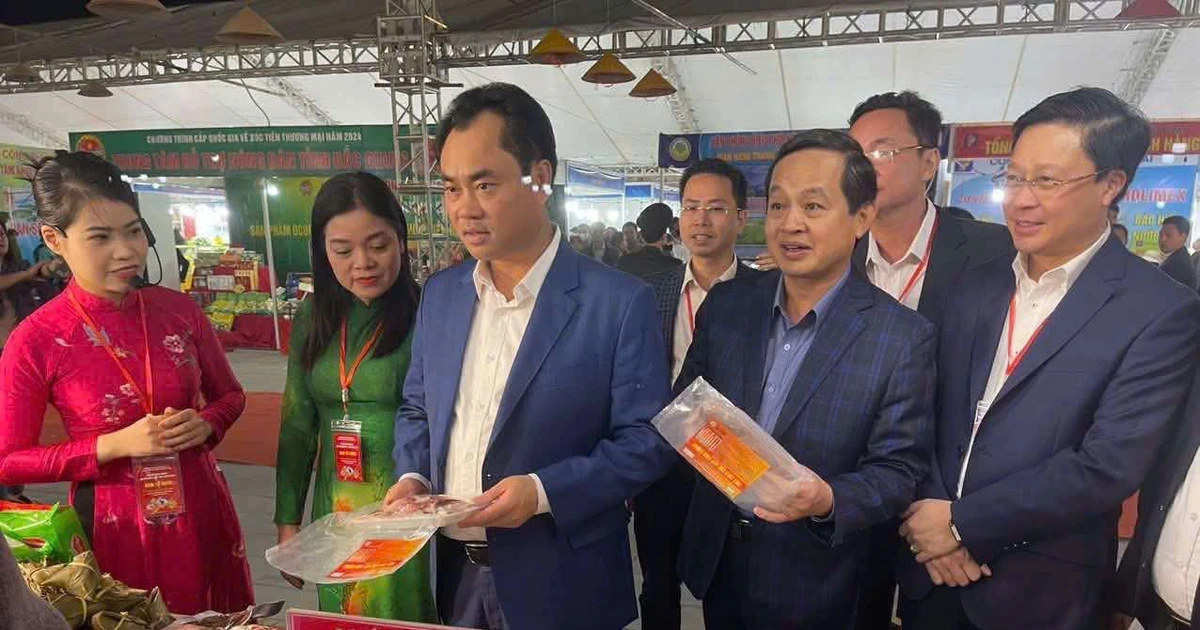





Comment (0)